Supporting Sustainable development goals
Mathenge removal and carbon credits align with the Sustainable Development Goals (SDGs)
The Malisho Upya program aims to ensure carbon sequestration can help reduce atmospheric CO2 through sustainable arboriculture-based carbon capture, supported by communities benefiting from the economic and drought-resisting opportunities this represents. Green Action International will measure these changes through a mix of outcome measures, such as changes in nomads’ confidence in their ability to survive climate shocks, and key results like the planned number of trees planted. These will be presented in alignment with our Net Zero and SDG aims as follows:
SDG 1 - No Poverty:
By removing Mathenge trees and creating carbon credits, we can generate employment opportunities, especially for women and young people, lifting communities out of poverty.
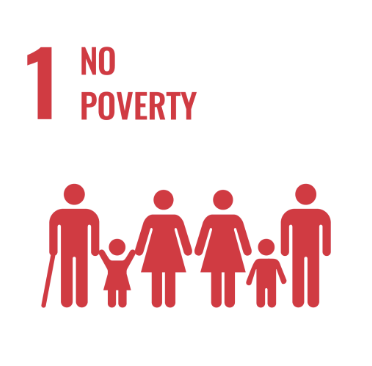
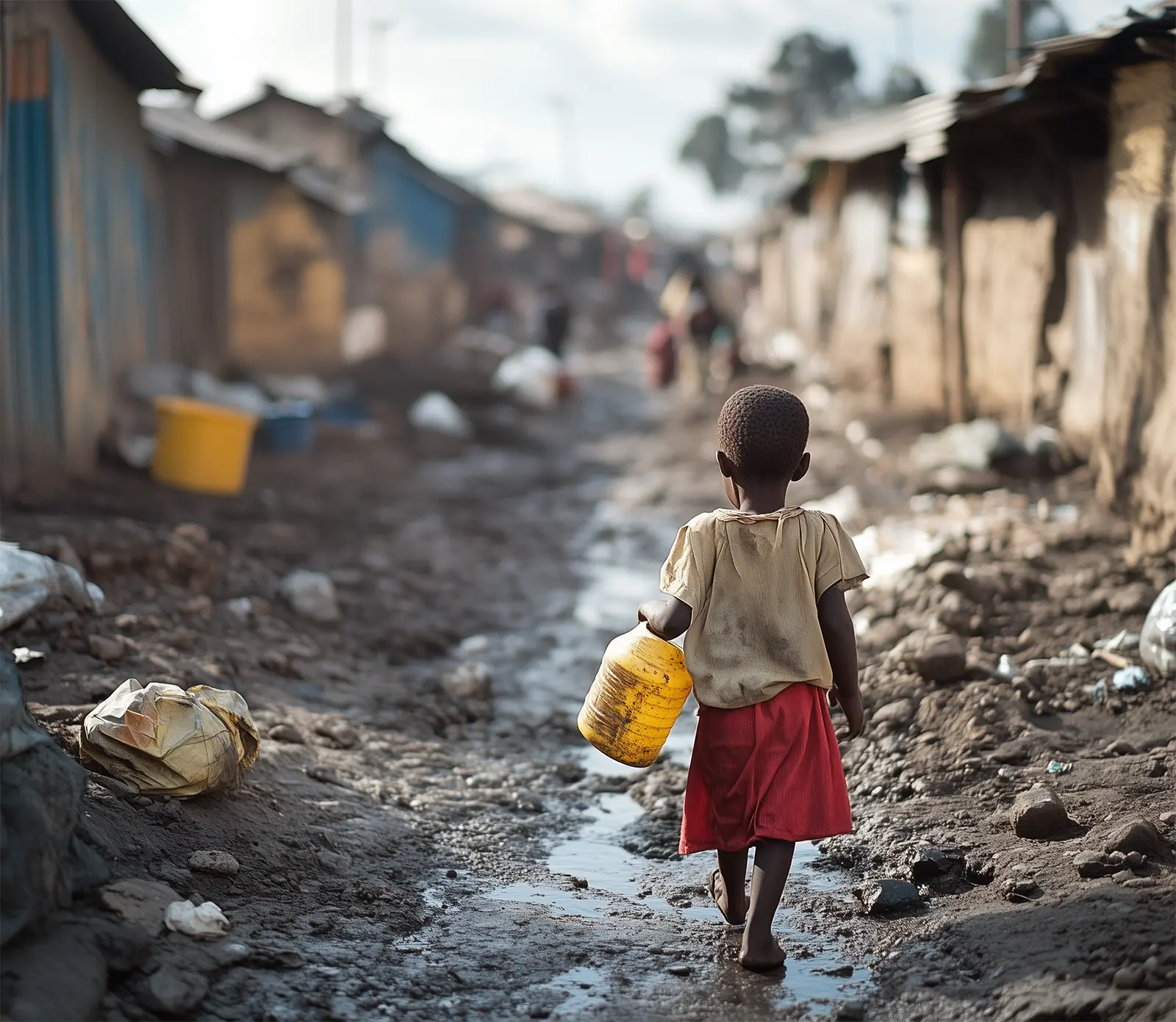
SDG 2 - Zero Hunger:
Restoring land through Mathenge removal can boost agricultural productivity, ensuring food security and improved nutrition.
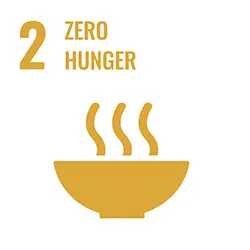
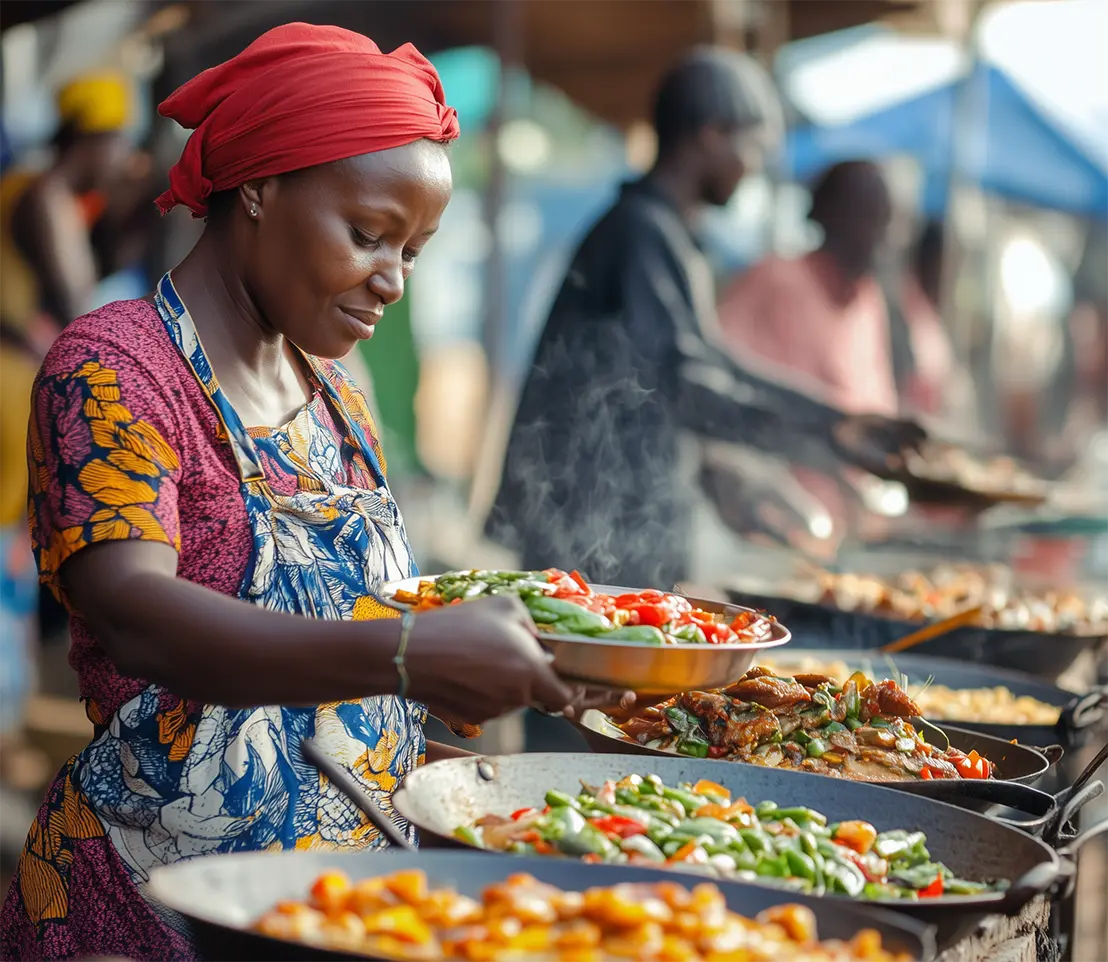
SDG 3 - Good Health and Well-being:
Clearing Mathenge reduces the spread of invasive species that can harm crops and local ecosystems, leading to healthier environments and communities.
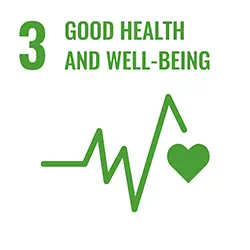
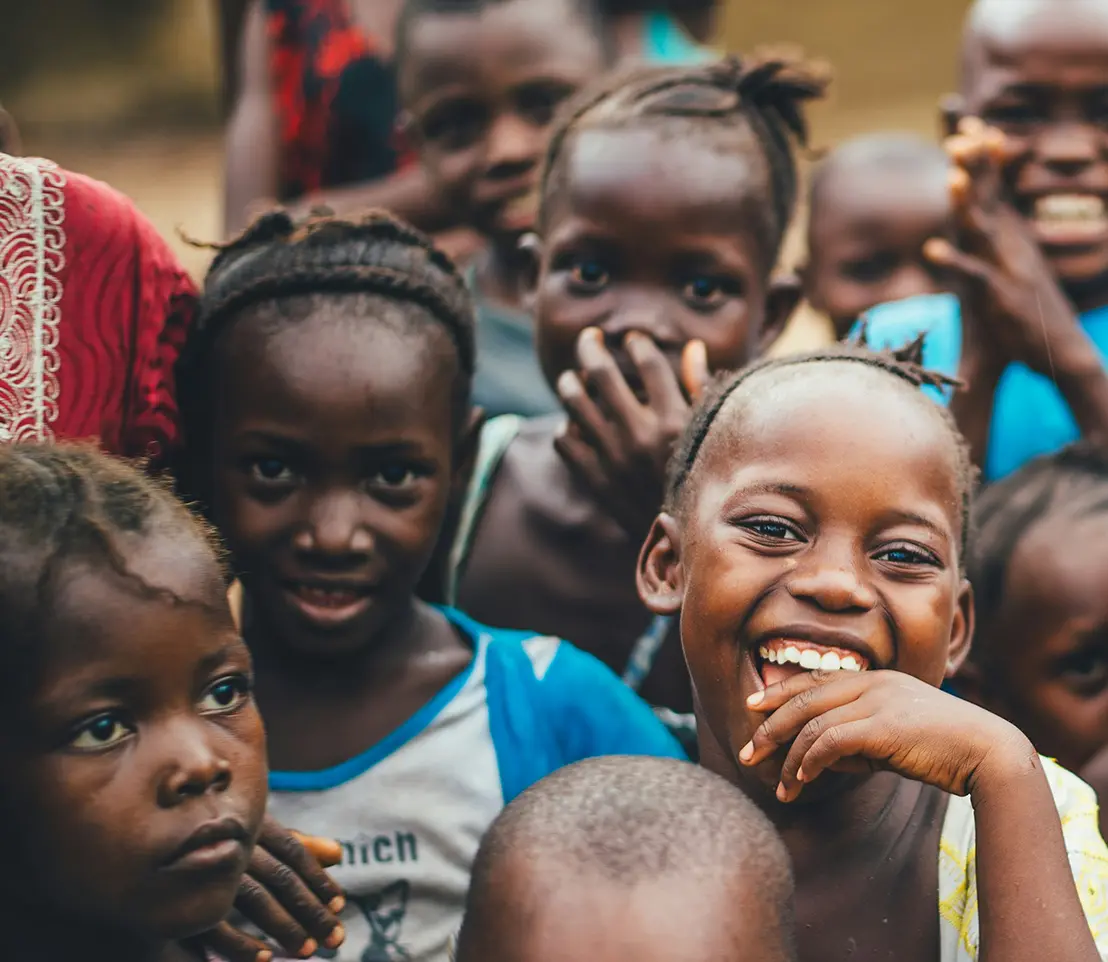
SDG 5 - Gender Equality:
It's a cycle of positive change—healthier ecosystems, empowered communities, and a more sustainable future Introducing biochar technology can spur economic growth, particularly for women and young people in communities.
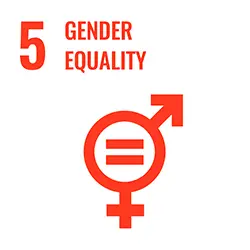
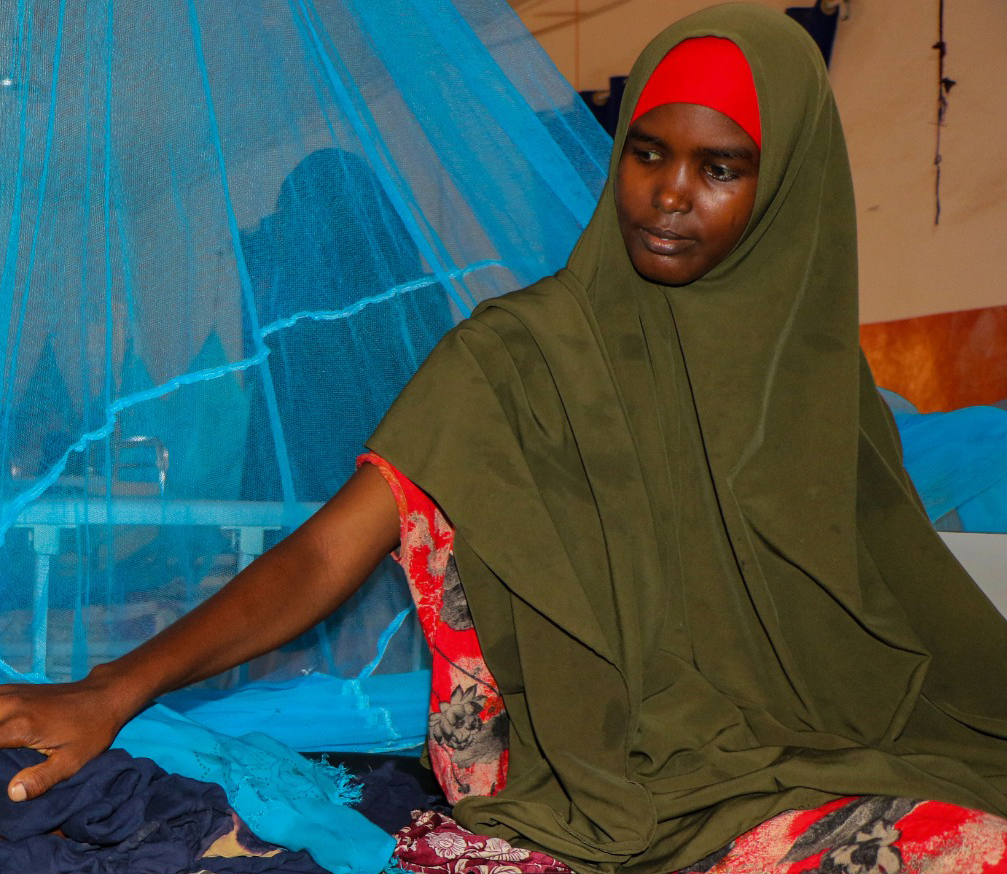
SDG 8 - Decent Work and Economic Growth:
Creating jobs in tree removal and land restoration activities stimulates local economies and provides dignified work.
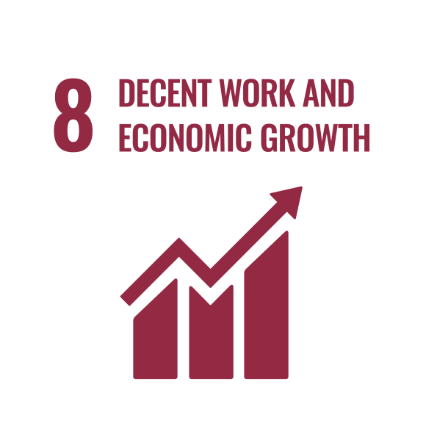
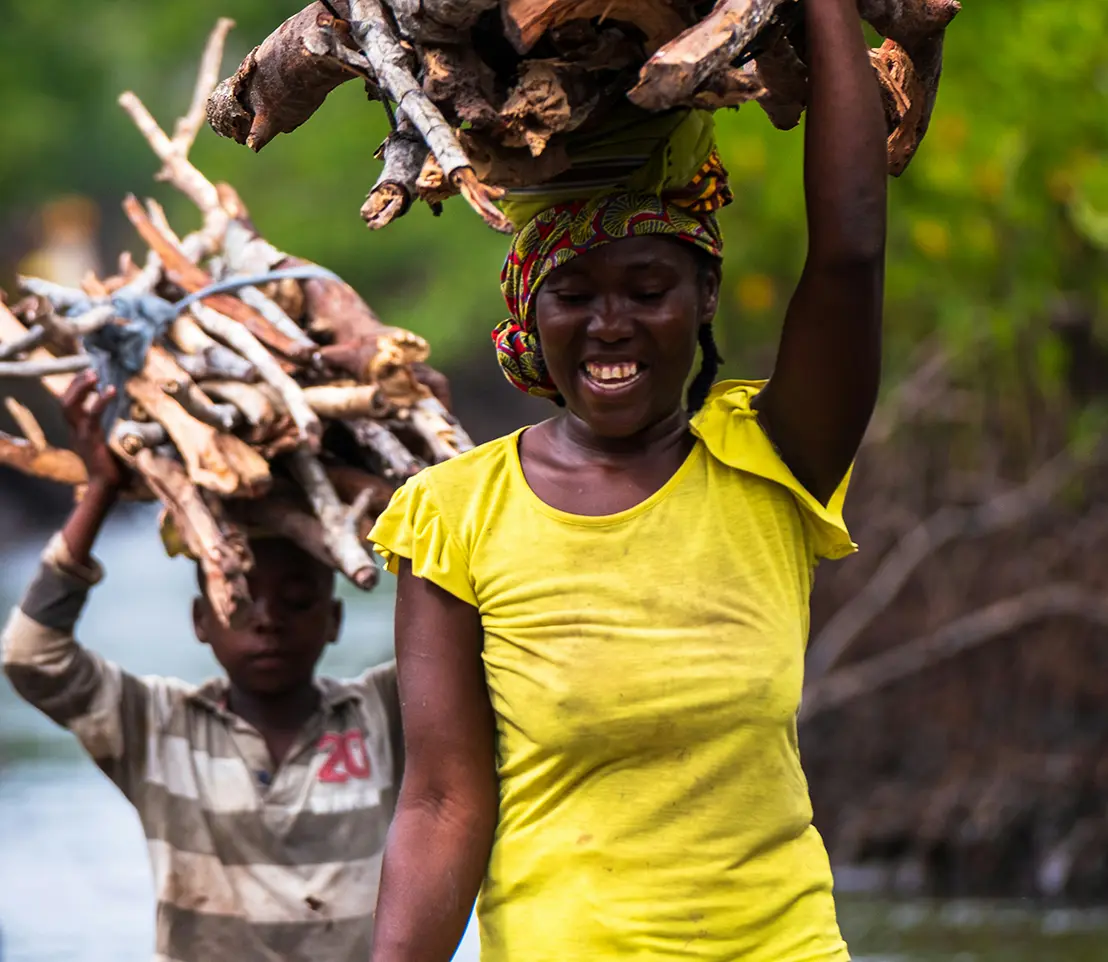
SDG 13 - Climate Action:
Mathenge removal and carbon credit projects contribute directly to climate mitigation efforts, enhancing resilience and adaptive capacity to climate-related hazards.
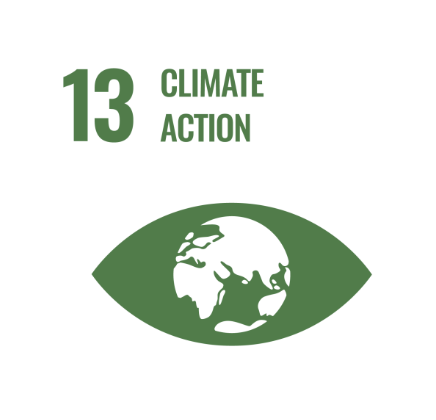
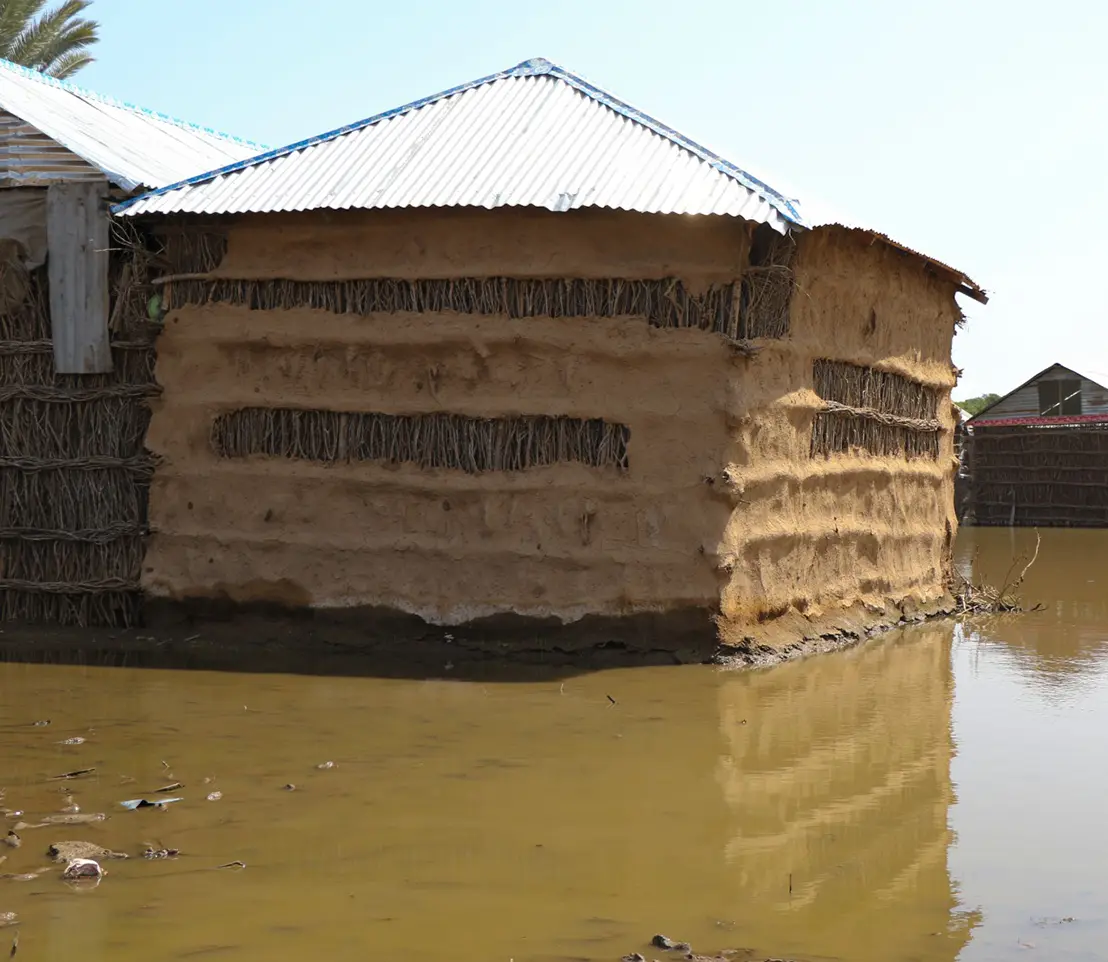
SDG 15 Life on Land
Eradicating invasive species like Mathenge helps restore natural habitats, promoting biodiversity and sustainable use of terrestrial ecosystems.
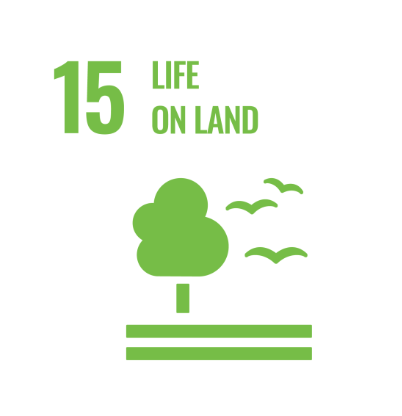
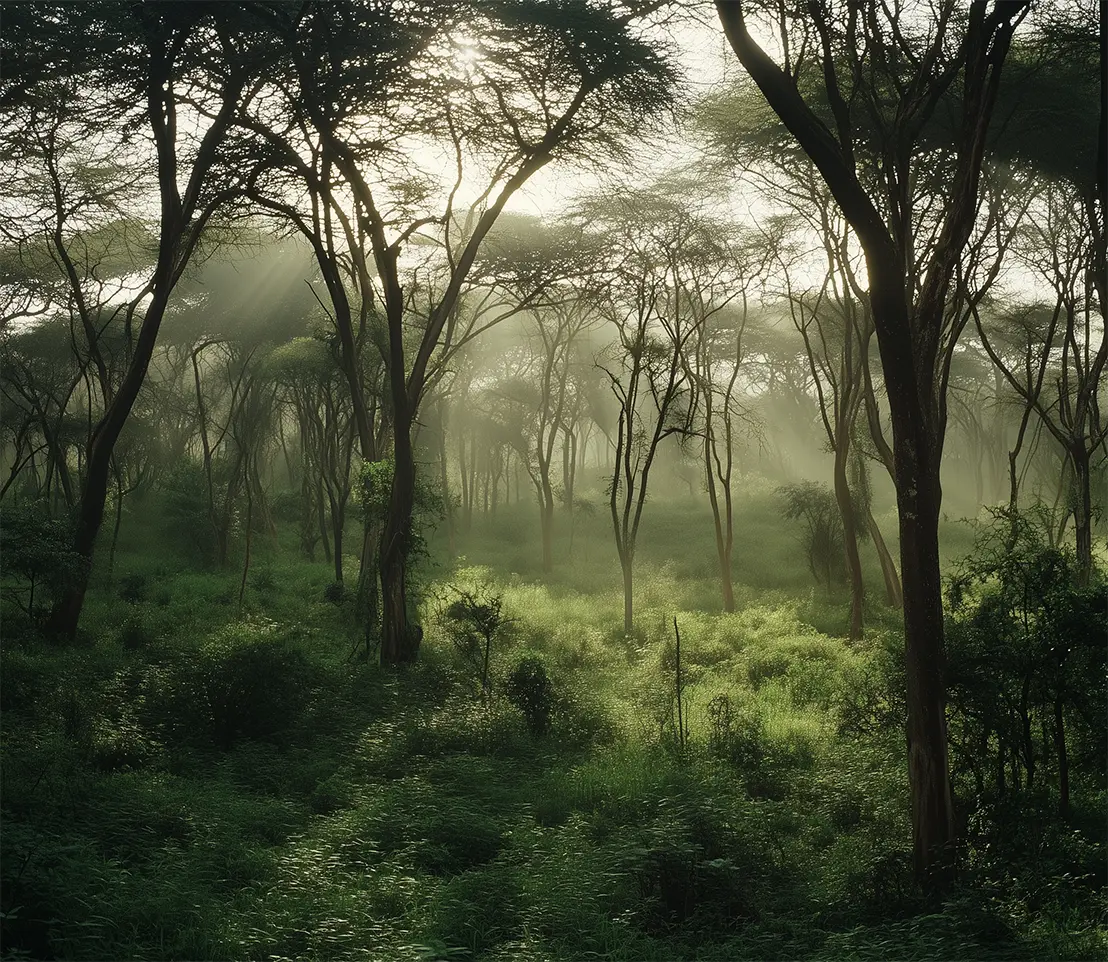
Integrating these efforts with SDGs fosters a holistic approach to sustainable development, ensuring a brighter and more resilient future for all